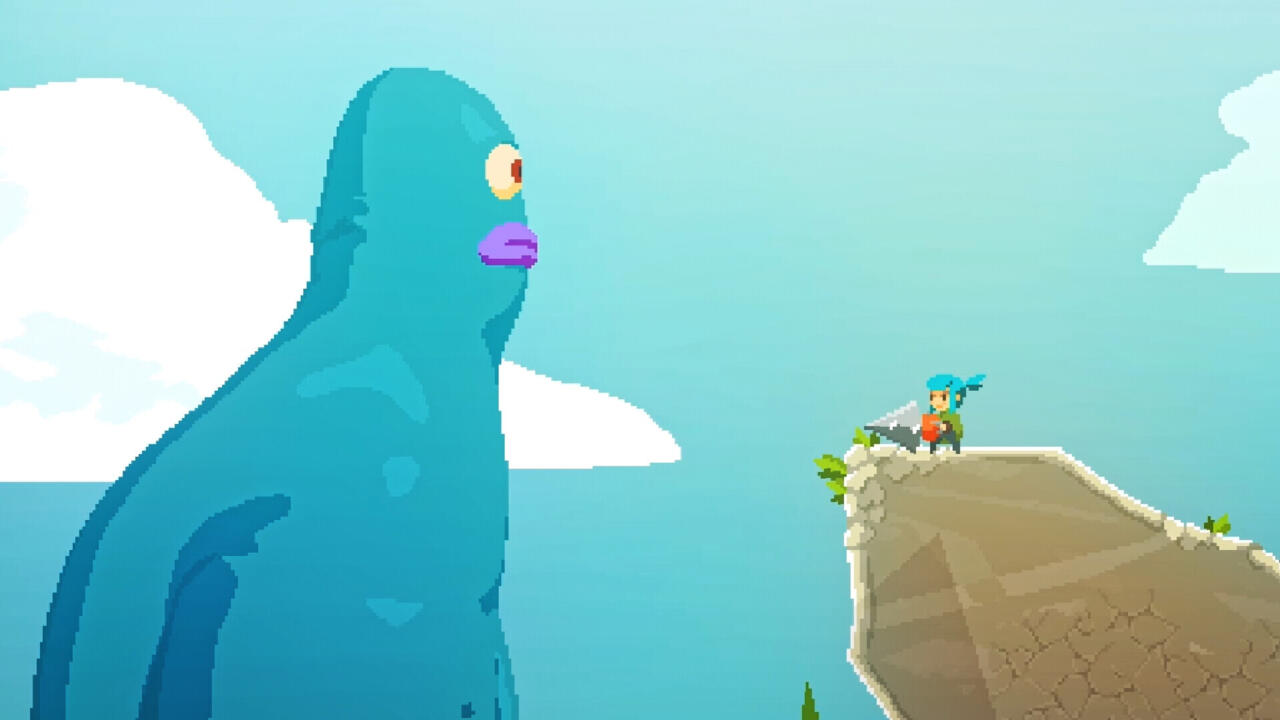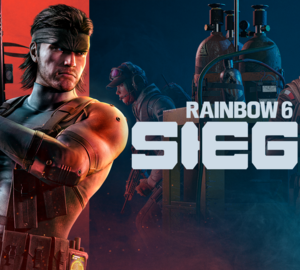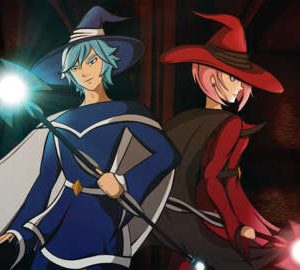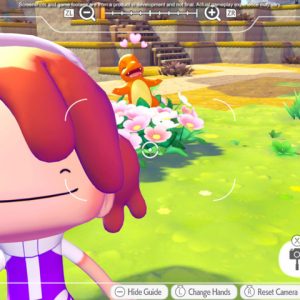It only takes a glance to understand Pepper Grinder’s inventive gimmick. A small girl named Pepper–a pirate by trade–wields a drill named Grinder that’s roughly the size of her entire body. The gear allows her to grind through soft surfaces with ease, complete with the ability to launch out of the surface with a leap. That might have been enough to carry the game by itself, but what’s most surprising about Pepper Grinder is its sheer variety. Though it’s short, that brevity helps to make the campaign a no-filler thrill ride that continuously pushes the boundaries of its central mechanic.
It turns out Grinder is a pretty versatile tool, even regarding its most basic function. You can burrow through the ground, which immediately feels natural and smooth. At the same time, you can’t simply turn on a dime with an instant about-face like a typical platformer–you have to handle turns by curving an arc out of your drilling path. Additionally, when you pop out of the surface of the dirt, you won’t gain much distance unless you jump just before breaking through. Those little touches give the core mechanic a sense of finesse, imitating the feeling of a playful dolphin–or at least, a dolphin video game like the classic Ecco.
Once you get the hang of it, drilling through soil and leaping out of the surface in a perfect arc, only to catch another piece of soft ground in the distance and continue your digging, feels thrilling and acrobatic. The drillable surfaces are nicely differentiated from hard environmental pieces, so you quickly learn to read a level and see the path through it, evoking a feeling similar to performing a great run in Tony Hawk. Collectibles like gems are scattered strategically throughout the stages to both subtly guide your eye along the path, while also sometimes setting traps for your greed.
Aside from being a traversal tool, Grinder is also your primary and often only weapon. It’s not enough to simply run into most enemies with a spinning drill, though–they often have their own specific approach to defeat them, like beetles with a hard upper carapace who need to be stabbed from the underside by burrowing underground. The main enemies, a breed of vicious narwhal-like creatures with horns on their head, are just as capable of hurting you with a head-on collision as you are of hurting them. None of the regular enemies are terribly tough by themselves, but they introduce new ways of approaching stages and obstacles as you need to get around them or through them to continue on your path.
A platformer with a standout hook like this one probably could have coasted on it, but Pepper Grinder doesn’t rest on its laurels. Instead, it consistently introduces new elements to master. These either integrate with your balletic burrowing or provide a change of pace from it. Grabbing a key with your drill will make it turn a lock, and you can use the kinetic energy to power machines. You’ll also shoot from cannons, drill holes into the bottoms of ships to make them take on water, carve through skyscrapers to make them collapse as you traverse through, and even pilot a giant mech. What appears at first to be a simple tool gives way to constant delightful little surprises.
A series of boss battles ramp up the difficulty nicely, taking the skills you’ve learned and putting them to the test. The first is relatively straightforward, as you dodge projectiles by moving through the soil and wait for the opportune moment to attack from the underside, while the second severely limits the amount of soft ground available and challenges you to leap high into the air to do damage. They progress from there, including one tough encounter with another human-like character that has roughly your size and agility. All this leads to a final boss encounter that is one of the most tense and difficult retro platformer bosses I’ve seen in a long time, which felt satisfying to overcome.
And on top of all this, Pepper Grinder carries itself with a cute, pixel-punk personality. Pepper’s diminutive sprite artwork has a charm to it, like how she revs up her trusty drill threateningly when coming face-to-face with a boss, or how she raises her pirate flag to declare victory in an area. The enemies can sometimes be seen doing their own pirate duties before you crash their party. And though story sequences are few and far between, they were just enough to explain what was going on with mimed, dialogue-free action. A short story sequence just before the final boss even made me laugh out loud.

Gallery
At such a breakneck pace of new ideas, Pepper Grinder doesn’t last very long, which is to its credit. I finished the campaign in roughly four hours, which is a relatively short playtime. Every stage also has a time-trial option, and there are still collectibles and cosmetics to unlock like stickers and hairstyles. The most important collectibles are Skull Coins, a limited resource–five per stage–that can be used to unlock special bonus stages in each of the four worlds. These are used to further explore gameplay concepts that had been introduced in the main stages. The first one, for example, takes the cannon mechanic to its logical conclusion with an entire stage built around ping-ponging from cannon to cannon, which felt pleasanlty reminiscent of Donkey Kong Country’s famous barrel stages.
Perhaps because of its brevity, I enjoyed every minute, and I appreciate the rare instance of a game that doesn’t overstay its welcome. Rather than slog through filler stages to pad its length, Pepper Grinder is bursting with new ideas for exactly as long as it can sustain that momentum. There’s something admirable about approaching its length with that level of confidence. I would have loved to play even more, if it could have sustained that pace, but this felt like a conscious choice to let the best ideas shine.
Pepper Grinder is here for a good time, not for a long time. Every piece, from the core drilling mechanic itself to the various ways it manifests with cannons and mechs and more, feels meticulously engineered to teach you a new concept, wring the fun out of it, and then move on to the next. That sense of propulsion makes every moment fun and engaging. It’s a great little gem of a game which, like its heroine, may be small in size but makes every bit count.









(1)-300x270.jpg)














